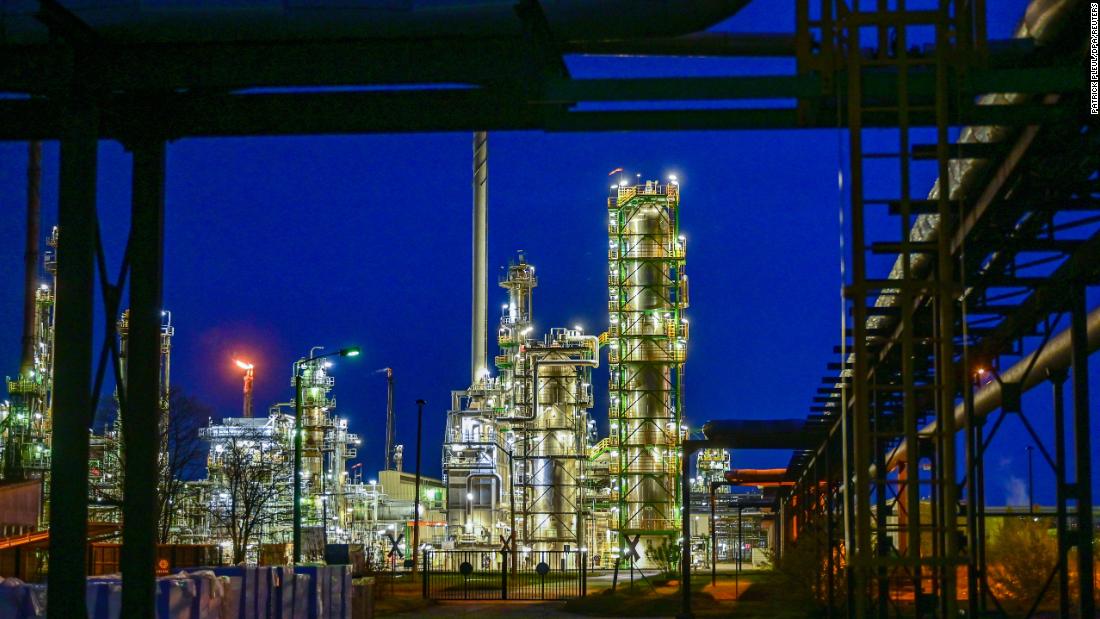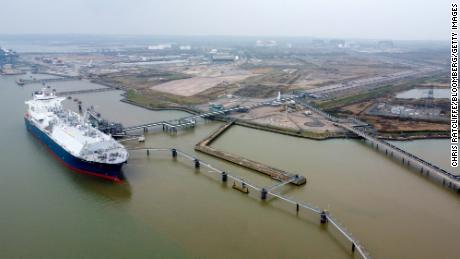
European Union diplomats failed to reach consensus Sunday on the terms of an embargo, but were holding further talks Monday in a bid to present a deal for approval by EU leaders at a summit later in the day.
A senior EU diplomat told CNN that the bloc was “in the last stretch” of agreeing the terms of an oil embargo, but needed more time to convince some member states, including Hungary, to come on board.
“We do understand their special situation, we do understand their security of supply problem, we do understand their search for assurances to be able to solve that,” the diplomat said.
Europe is the biggest buyer of Russian energy. Russian crude accounted for 27% of the bloc’s imports in 2021, according to Eurostat. That’s around 2.4 million barrels per day, data from the International Energy Agency shows. About 35% of that was delivered via pipelines to the bloc, according to the IEA.
But pipeline deliveries made up a much bigger share of Russian oil shipments to Hungary (86%), the Czech Republic (97%) and Slovakia (100%).
Care must be taken, however, to ensure any exemptions do not unfairly benefit some countries over others, the senior EU diplomat told CNN.
“We have to be really careful in the legal sanctions text, that we preserve the [EU] internal market everywhere, and that we preserve the level playing field,” the diplomat said.
“I am very worried about what a recession in Europe would do to European resolve to stick with it and continue to escalate the sanctions,” Jason Furman, a Harvard professor who previously served as President Barack Obama’s top economic adviser, told CNN Business at the World Economic Forum in Davos last week.
— Julia Horowitz contributed reporting.
